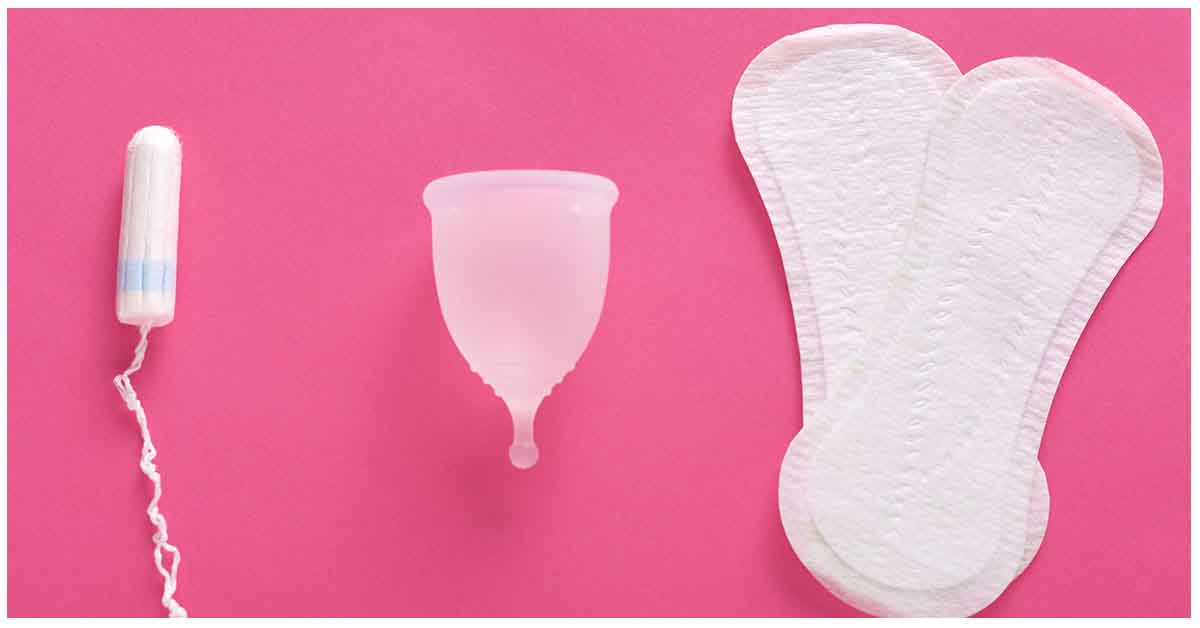Menstruation remains a taboo subject for Indian women. The stigma and embarrassment attached to it result in 1 out of every 5 girls dropping school after they receive their periods. 40% of girls skip school while they have their periods. In a few states like Bihar, the use of safe menstrual products is as low as 58.8%
This makes girls more vulnerable to infections. Along with health dangers, the use of plastic in sanitary pads creates more danger for the environment. Of the 3.4 billion tonnes of waste generated by 2030, the biggest contributor are menstruation products. India annually generates 3.3 million tonnes of waste of which 113000 tons of plastic waste is generated by single-use sanitary pads alone.
To solve these 2 paramount problems, childhood friends Upasana Todi Prakash and Shripriya Khaitan Dhelia decided to open FabPads in Kolkata in 2020. Shripriya is a fashion designer from the London School of Fashion. Upasana BBA from the University of Cincinnati, Ohio, and MBA from the Indian School of Business, Hyderabad.
FabPads are reusable cotton pads created to provide comfort and safety from leakages. Their affordable and eco-friendly pads aim to instil awareness in their communities about the benefits of using reusable cloth pads over traditional cloth or disposable products. FabPad has to date distributed 5,000 sanitary pads and empowered over 5,000 women.
The product is eco-friendly and their entire workforce consists of women from rural communities around Kolkata. With their ‘Project Padma’, they have partnered with women from disadvantaged backgrounds to stitch and sell cloth pads. Along with pads they offer diapers, menstrual cups, panty liners, period panties and more. They are available on Amazon, Flipkart, Nykaa, and other big retail outlets.
For every 25 pads sold, they donate 1 FabPad to economically disadvantaged girls. They have also partnered with NGOs to spread the awareness and importance of menstrual education in rural India. The startup began with an initial investment of Rs 25 lakhs form the founders and is now seeing 10x growth. They have so far impacted the lives of 38,000+ menstrauting girls.
Will FabPads be able to carve a safe and sustainable path in India’s Rs 32.66 billion feminine hygiene market?

 Along with health dangers, the use of plastic in sanitary pads creates more danger for the environment. Kolkata based FabPads is changing that.
Along with health dangers, the use of plastic in sanitary pads creates more danger for the environment. Kolkata based FabPads is changing that.









.jpeg)













.jpg)
.jpeg)





